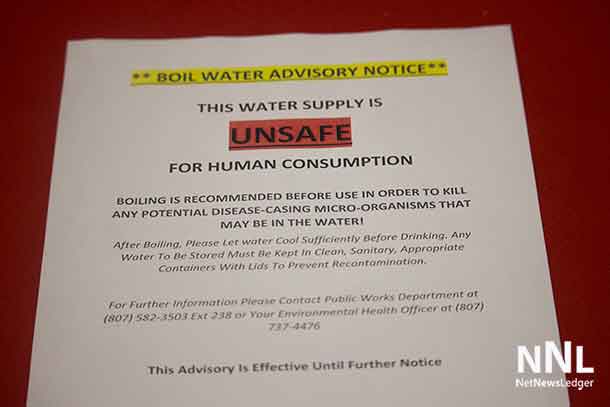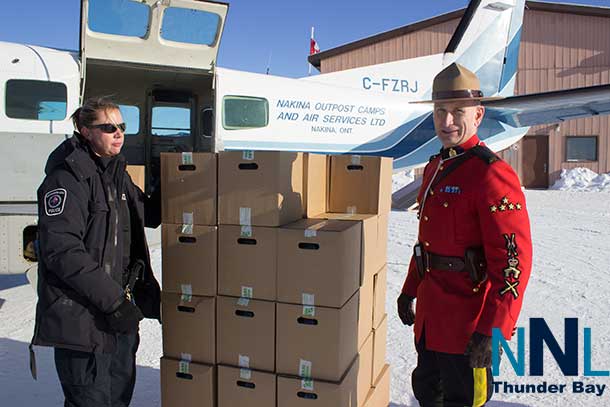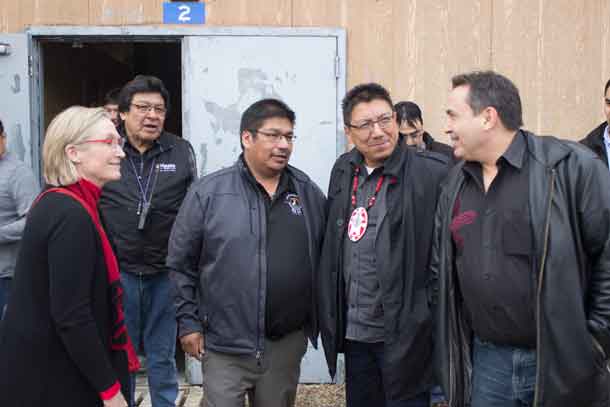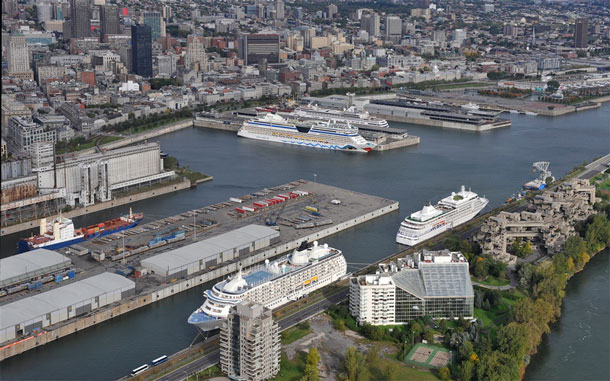
Water Issues Harm the Youth
LAC SEUL FIRST NATION – One of the ongoing problems that community members and leadership have repeatedly raised is that of safe drinking water. In Lac Seul First Nation, there has been a boil water advisory in place for parts of the community since February 2003 over twenty years. The community is struggling over the issues of water. They are not alone.
For the past weeks, the main part of the community has struggled with a boil water order. Lac Seul First Nation reports, “The (water) Plant continues to lose 190 cubic meters of water per day, which tells us, there is a water leak in the distribution systems. Normal flow are 70-90 cubic meters of water flow to per day. PW’s is working to turn off the isolation values throughout the community and monitor the water pressure level. This is done to try locate a broken waterline in the core area of the community. Different parts of the community isolation values were ‘turned off’ with no success yet. We will be moving to the center of the community to locate.”
Water Issues are Decades Old
Across Northern Ontario many communities struggle with water issues. Ontario wide there are 91 communities with boil water issues. While there has been some action, for the most part the issues with water continue.

In Martin Falls, Ogoki Post, the boil water order remains in effect since 2005. That order which the federal government promised to fix years ago remains unresolved. In 2015 NetNewsLedger reported that $2.3 million had been spent to fly water into that one community since 2005 through 2015.
The former Conservative Government promised that would be fixed in Ogoki Post in 2015. Once again nothing concrete has been done shifting from government to government.

There are communities where bathing in the water causes skin lesions. In other communities, like Neskantaga, water must be picked up from the water plant and carried home in five gallon jugs or pails.
The federal Liberals have started to act. Minister Bennett said, on June 9th, “Ending long term-water advisories on reserves is a key priority for our government. We will get this done in partnership with First Nations. The will is there, the capacity is growing, and people are truly committed to finding long-term solutions”.
INAC Reports Progress as of January 2017
- 5 long-term drinking water advisories (DWAs) removed since November 2015
- 32 projects to prevent and address long-term DWAs and improve capacity and reliability of water and wastewater systems
- 13 projects aimed at addressing 29 long-term DWAs affecting water systems financially supported by INAC




